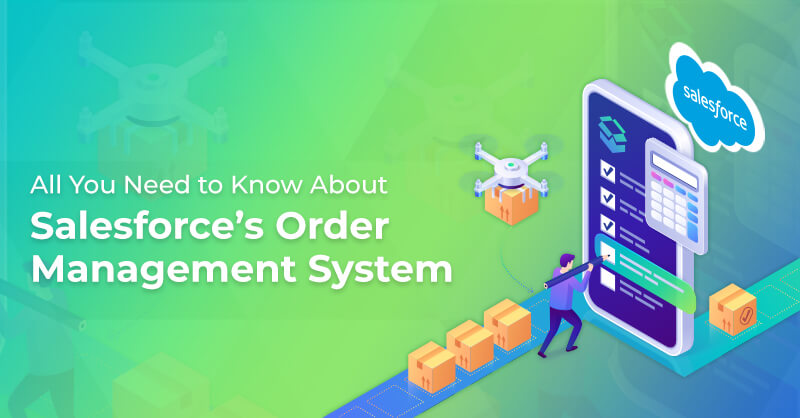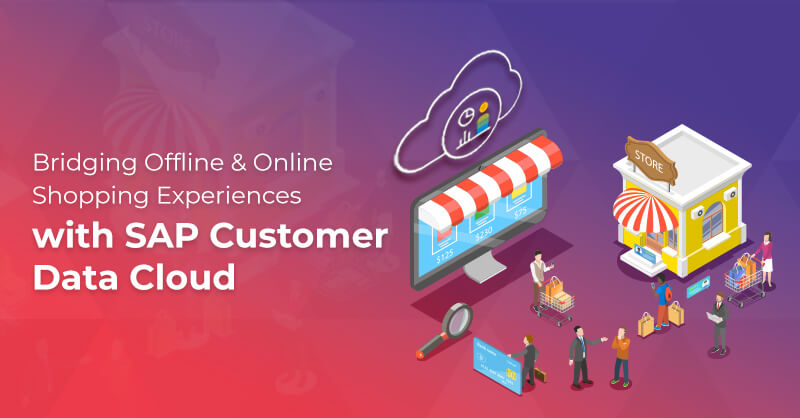Understanding Data Quality and its Tools
Written by Manpreet Kaur
Content WriterData is an essential asset of business organizations, and it is crucial for it to be accurate. Erroneous or misleading data can impact the organization negatively. Therefore, validation of the data is necessary before it is shared internally or externally by the organization. Since Cloud technology is rapidly becoming popular, it has spurred the demand for data quality tools that help to extract, examine, and control data from different sources such as IoT, databases, and logs, among others. This blog highlights the details and importance of Data Quality, how businesses should select Data Quality Tools, followed by a comparison of the most popular Data Quality Tools in the market.
Data Quality is a critical element that helps to optimize data and meet key vital parameters such as consistency, integrity, completeness, and timeliness. In addition, it reduces errors helping businesses to make informed decisions and fulfill goals.

What are Data Quality Tools?
Data Quality Tools are technologies that trace, manage, and remove inaccuracies to govern data across business operations. These tools use algorithms and lookup tables to perform functions such as profiling, parsing, standardization, cleansing, and monitoring to point out errors surpassing human analysis.
They eliminate errors and duplicities while organizations implement standards, automate business processes, and maintain logs. As a result, they draw out anomalies, reduce costs, enhance productivity, and ensure satisfied business partners.
Selecting a Data Quality Tool
Selecting a superior Data Quality Tool that offers advanced capabilities to assess and enhance data usability is essential. In addition, data managers need to consider the type of data, where it is stored, how it moves across the network, and where they need to use the data quality tools. Some factors businesses must consider before selecting Data Quality Tools include:
- Identify the Problem: Deficiencies in data cause data integrity issues that sabotage the outcome of business processes. A random or unplanned approach wastes time and resources, drives substandard performance, and annoys partners. Therefore, it is essential to analyze the existing data sources and challenges to detect breaches.
- Detect the Tool’s Capabilities: Data cleansing tools do not work on obsolete data structures. If there are loopholes in the data collection and management processes, the entire framework needs to be inspected. It is advised to explore the functions of the tools and find out how they can be used to improve the data.
- Discover the Tool’s Functionalities: Some tools are built to track mistakes in the mailing addresses, while others are designed to strengthen applications. Data managers need to understand the tools, features, automation levels, costs, and data security protocols.
Comparing Data Quality Tools
Data quality management tools have evolved over the years. As a result, they are equipped with advanced mechanisms to handle data mapping, validation, consolidation, and analytics. Here is a brief comparison of some popular data quality tools that can be used to validate organizational data.
Talend Data Catalog offers a secure control for data assets, follows data privacy and regulatory compliance. It crawls, profiles, arranges, and links data easily to transfer reliable data in and out of the organization. In addition, the tool deploys machine learning and advanced relationships to document data-related information automatically. With connectors and powerful search tools that extract metadata from different data sources, they control data pipelines, analytics, and ETL processes. The users can search and access data, followed by validity verification before sharing it. In addition, Talend fulfills data privacy and regulatory compliance along with additional features such as data sampling, categorization, auto profiling, and social curation.
Informatica Data Quality is an AI-powered tool that delivers uncompromised on-premises and multi-cloud data quality. The users can create and test logical rules to perform data standardization, consolidation, validation, and improvement tasks. The tool enables users to identify, rectify, and remove exceptions automatically. The data quality rules can be reused, saving time and effort. In addition, the users get an all-inclusive view of everything – customers and products.
Ataccama ONE is a data management platform that empowers data quality teams to accelerate while preserving data quality and security. It is equipped with data profiling that helps to understand data, analyze metadata, and find ways to improve, ensuring advanced data quality. Ataccama ONE enables businesses to gain insights from different modules, share them with users, and draw inferences for future needs. It has an easy-to-use interface and works seamlessly with all types of IT infrastructure, hybrid, and cloud environments. The product also offers additional capabilities such as data lake profiling, text analytics, machine learning, and data enrichment with external sources. Some other notable features of Ataccama ONE include big data processing and integration, data catalog, and reference data management.
TIBCO Clarity features an easy-to-use web environment available on the cloud and on-premises versions. It allows business users to perform operations such as profiling, validating, standardizing, transforming, and visualizing to analyze the trends and make decisions. The tool has two versions – Clarity on Cloud and Clarity Enterprise Edition. The software supports multiple data sources and formats; the users can upload raw data in data formats such as TXT, JSON, XML, CSV, and TSV. Its top functions include mapping, sampling, profiling, charting, file reloading/adding, data streaming, and exporting and importing datasets.
Conclusion
It is imperative to improve data quality to ensure businesses use it effectively to enhance their strategic operations and accomplish their goals. The introduction of data quality to domains such as Internet of Things (IoT), AI, and Data Lakes is advantageous. Deploying Machine Learning/AI helps automate repetitive processes and deliver accurate data with dependable and actionable insights.
Royal Cyber’s certified data quality experts can help you in analyzing your existing master data and provide a detailed insight on the data quality. Get in touch with us to know more.



